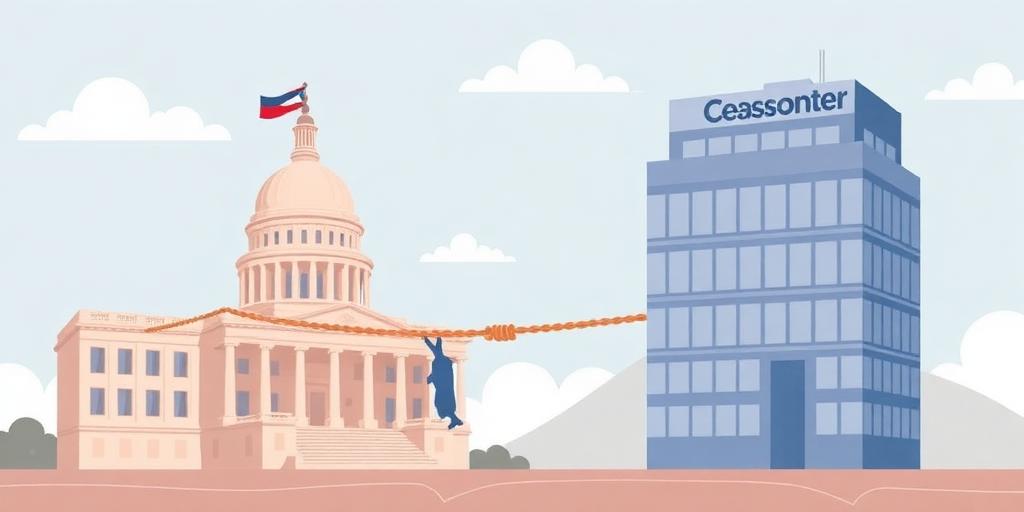The Global Rise of Platform Censorship: Governments vs. Big Tech
In recent years, the issue of platform censorship has become increasingly prominent on the global stage. As social media and other digital platforms have become central to communication and information dissemination, governments and Big Tech companies are grappling with questions of content moderation, free speech, and the balance of power. This article examines the rise of platform censorship, the tensions between governments and tech companies, and the implications for the future of online expression.
The Evolving Landscape of Online Censorship
Platform censorship is not a new phenomenon, but its scale and impact have grown significantly with the proliferation of social media. Historically, censorship was primarily the domain of governments, which controlled media outlets and restricted certain types of speech. Today, platforms like Facebook, Twitter, and YouTube have become gatekeepers of information, wielding immense power over what content is seen and shared.
This shift has led to a complex web of censorship practices, ranging from the removal of hate speech and misinformation to the suppression of political dissent. While many argue that content moderation is necessary to protect users from harmful content, others worry that it can be used to silence marginalized voices and stifle free expression.
Government Demands for Content Control
Governments around the world have been increasingly assertive in demanding that tech companies censor content that violates local laws or threatens national security. Some countries have passed legislation that requires platforms to remove content deemed illegal or face hefty fines. For example, Germany's Network Enforcement Act (NetzDG) mandates that social media companies remove hate speech and illegal content within 24 hours or face penalties of up to €50 million.
Other governments have taken a more direct approach, blocking access to entire platforms or demanding that tech companies hand over user data. In countries with authoritarian regimes, platform censorship is often used to suppress political opposition and control the flow of information.
Big Tech's Balancing Act
Tech companies find themselves in a difficult position, caught between the demands of governments and the expectations of their users. On one hand, they must comply with local laws and regulations to operate in certain countries. On the other hand, they must also uphold their stated commitments to free expression and avoid alienating their user base.
To navigate this complex landscape, tech companies have developed a range of content moderation policies and practices. These include:
- Automated Content Filtering: Using algorithms to detect and remove content that violates platform guidelines.
- Human Review: Employing teams of human moderators to review content flagged by users or algorithms.
- Transparency Reports: Publishing data on content removals and government requests.
However, these efforts have often been criticized as being inconsistent, biased, or ineffective. Some argue that tech companies are too quick to censor content at the behest of governments, while others claim that they are not doing enough to combat hate speech and misinformation.
The Future of Platform Censorship
As the debate over platform censorship continues, it is clear that there are no easy solutions. Finding the right balance between free expression and content moderation will require ongoing dialogue and collaboration between governments, tech companies, civil society organizations, and users.
Some possible paths forward include:
- Developing clear and transparent content moderation policies: Tech companies should clearly articulate their content moderation policies and ensure that they are applied consistently and fairly.
- Establishing independent oversight bodies: Independent bodies could be established to review content moderation decisions and ensure that they are in line with human rights standards.
- Promoting media literacy: Educating users about how to identify and critically evaluate information online can help to combat the spread of misinformation.
- Exploring alternative platform models: Decentralized social media platforms and other alternative models could offer greater user control and reduce the risk of censorship.
The global rise of platform censorship presents a significant challenge to the future of online expression. By understanding the complex dynamics at play and working together to find solutions, we can ensure that the internet remains a space for free and open dialogue.









